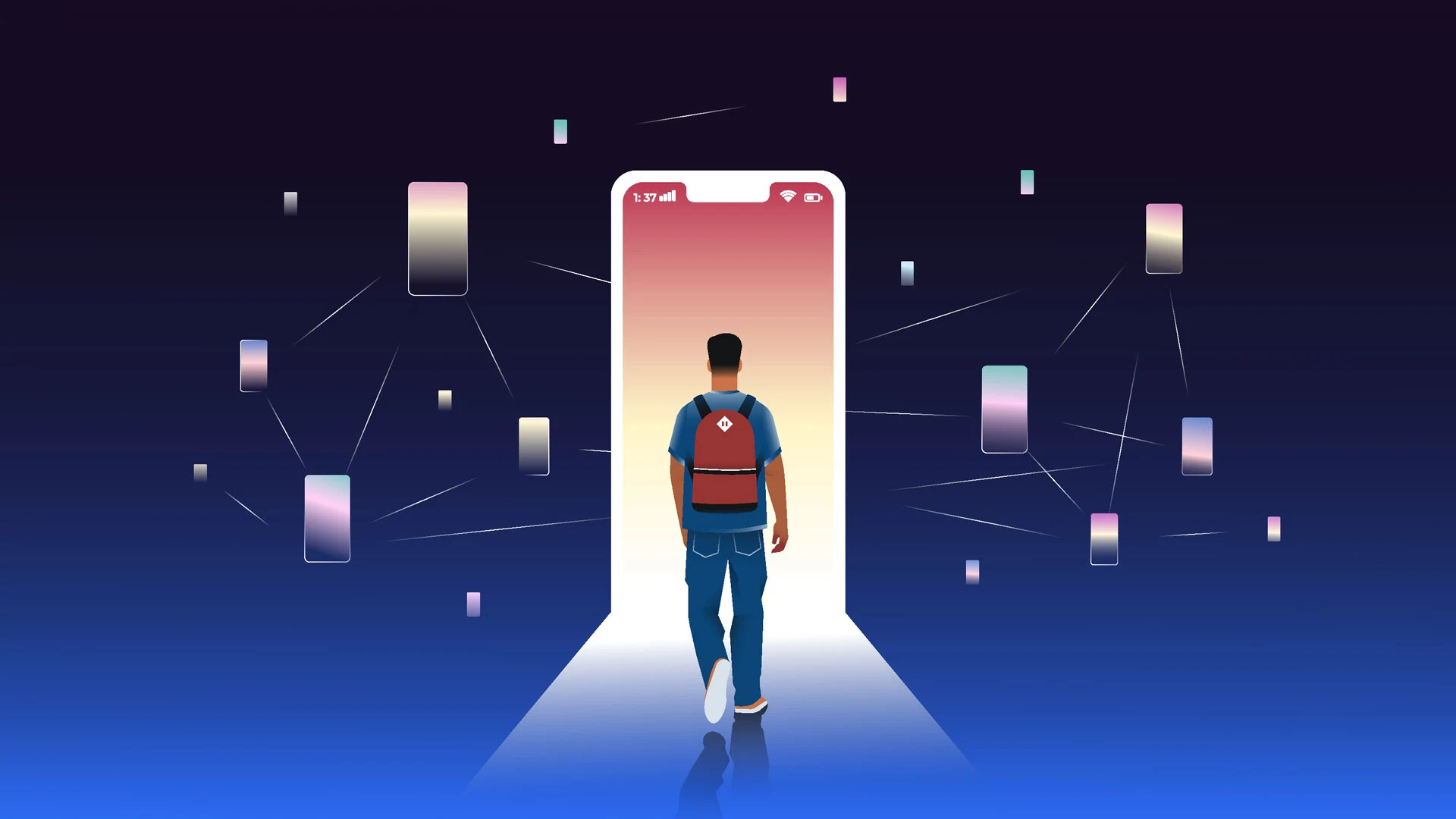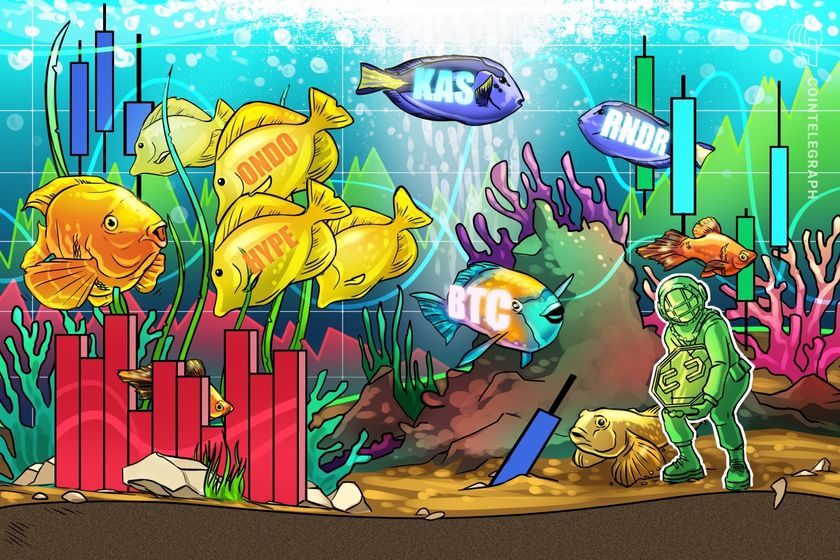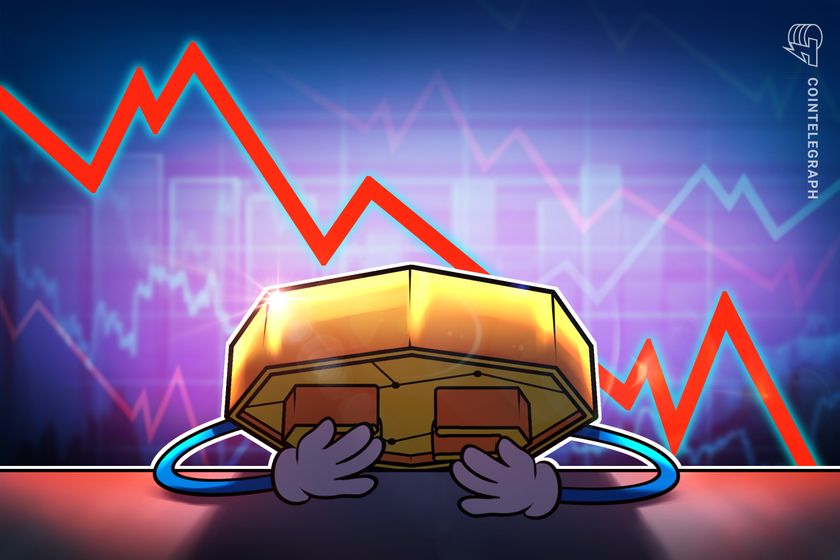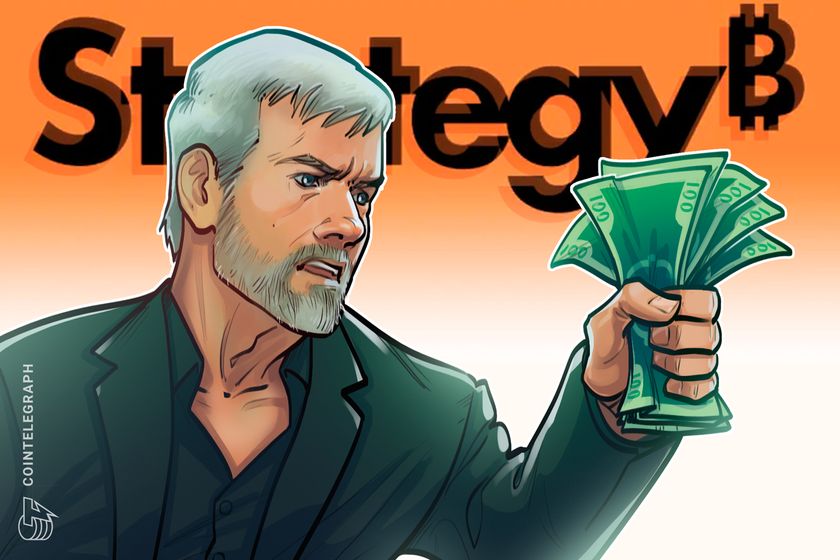Educational Game Application Programming
Combining education and entertainment, educational games are powerful tools that enhance learning by engaging users in interactive and playful experiences. As a developer, programming educational games offers a unique opportunity to influence learning outcomes and make a meaningful impact. What is Educational Game Programming? Educational game programming involves designing and developing games specifically aimed at teaching concepts or skills. These games may target kids learning basic math or adults improving language, coding, science, or even professional training. Benefits of Educational Games Boost engagement and motivation in learners Encourage critical thinking and problem-solving Allow hands-on learning and experimentation Support different learning styles (visual, auditory, kinesthetic) Popular Platforms & Tools Unity + C#: Great for cross-platform educational games with strong 2D/3D capabilities. Godot: Open-source game engine ideal for lightweight 2D educational games. Scratch: Visual programming platform used in schools to teach kids game development. HTML5 + JavaScript: For browser-based educational games that run on any device. Flutter: For mobile educational apps with smooth UI and quick deployment. Game Design Principles for Learning Clear Learning Objectives: Define what players should learn or practice. Immediate Feedback: Provide real-time feedback to reinforce learning. Progression System: Use levels or difficulty scaling to match learner growth. Interactive Elements: Engage users with clickable, draggable, or animated content. Storytelling: Enhance engagement with narratives or game worlds. Simple JavaScript Quiz Game Example const question = "What is 5 + 3?"; const answer = prompt(question); if (parseInt(answer) === 8) { alert("Correct!"); } else { alert("Try again!"); } Ideas for Educational Games Math puzzles or logic games Language vocabulary flashcards with audio Science simulations or experiments Geography map quizzes Typing or coding practice mini-games Challenges in Educational Game Development Balancing fun and learning without compromising either Ensuring age-appropriate content Accessibility for diverse learners and devices Tracking and storing user progress securely Best Practices Work with educators or subject matter experts Test your game with real users early and often Use gamification wisely: badges, levels, rewards Make the UI intuitive and responsive Collect analytics to improve game and learning outcomes Conclusion Educational game development is a creative and rewarding field that bridges programming with pedagogy. Whether you're building games for classrooms, homeschooling, or self-learners, your project can inspire curiosity and make learning enjoyable. Start simple, think creatively, and let the joy of learning guide your development journey!
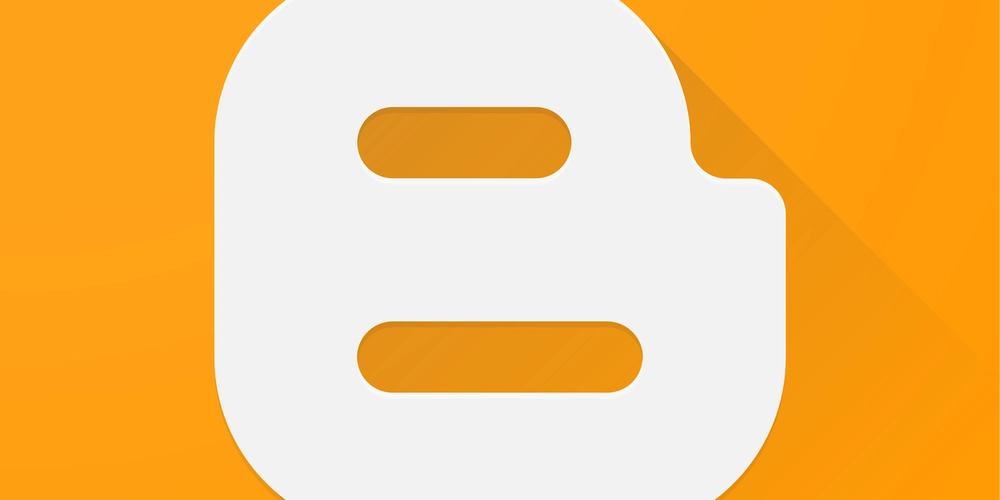
Combining education and entertainment, educational games are powerful tools that enhance learning by engaging users in interactive and playful experiences. As a developer, programming educational games offers a unique opportunity to influence learning outcomes and make a meaningful impact.
What is Educational Game Programming?
Educational game programming involves designing and developing games specifically aimed at teaching concepts or skills. These games may target kids learning basic math or adults improving language, coding, science, or even professional training.
Benefits of Educational Games
- Boost engagement and motivation in learners
- Encourage critical thinking and problem-solving
- Allow hands-on learning and experimentation
- Support different learning styles (visual, auditory, kinesthetic)
Popular Platforms & Tools
- Unity + C#: Great for cross-platform educational games with strong 2D/3D capabilities.
- Godot: Open-source game engine ideal for lightweight 2D educational games.
- Scratch: Visual programming platform used in schools to teach kids game development.
- HTML5 + JavaScript: For browser-based educational games that run on any device.
- Flutter: For mobile educational apps with smooth UI and quick deployment.
Game Design Principles for Learning
- Clear Learning Objectives: Define what players should learn or practice.
- Immediate Feedback: Provide real-time feedback to reinforce learning.
- Progression System: Use levels or difficulty scaling to match learner growth.
- Interactive Elements: Engage users with clickable, draggable, or animated content.
- Storytelling: Enhance engagement with narratives or game worlds.
Simple JavaScript Quiz Game Example
Ideas for Educational Games
- Math puzzles or logic games
- Language vocabulary flashcards with audio
- Science simulations or experiments
- Geography map quizzes
- Typing or coding practice mini-games
Challenges in Educational Game Development
- Balancing fun and learning without compromising either
- Ensuring age-appropriate content
- Accessibility for diverse learners and devices
- Tracking and storing user progress securely
Best Practices
- Work with educators or subject matter experts
- Test your game with real users early and often
- Use gamification wisely: badges, levels, rewards
- Make the UI intuitive and responsive
- Collect analytics to improve game and learning outcomes
Conclusion
Educational game development is a creative and rewarding field that bridges programming with pedagogy. Whether you're building games for classrooms, homeschooling, or self-learners, your project can inspire curiosity and make learning enjoyable. Start simple, think creatively, and let the joy of learning guide your development journey!

















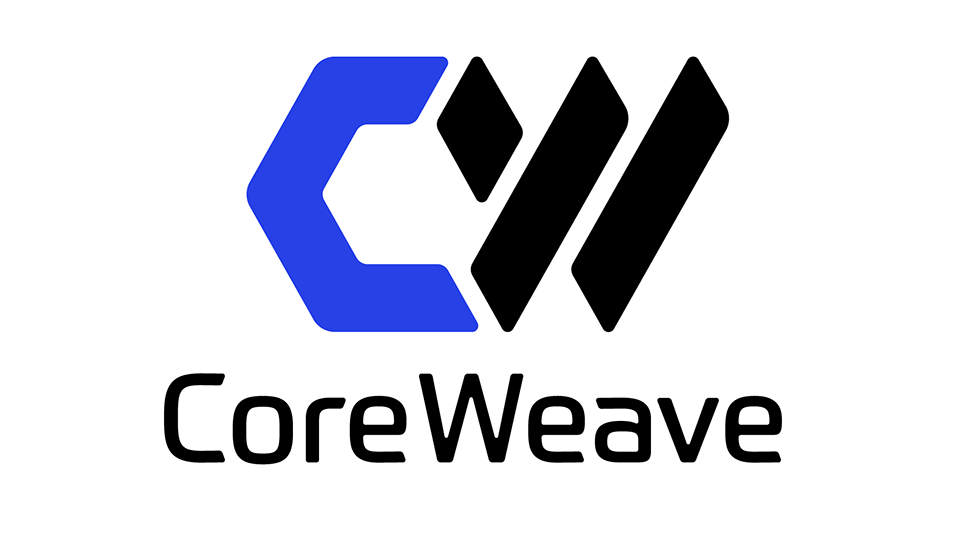






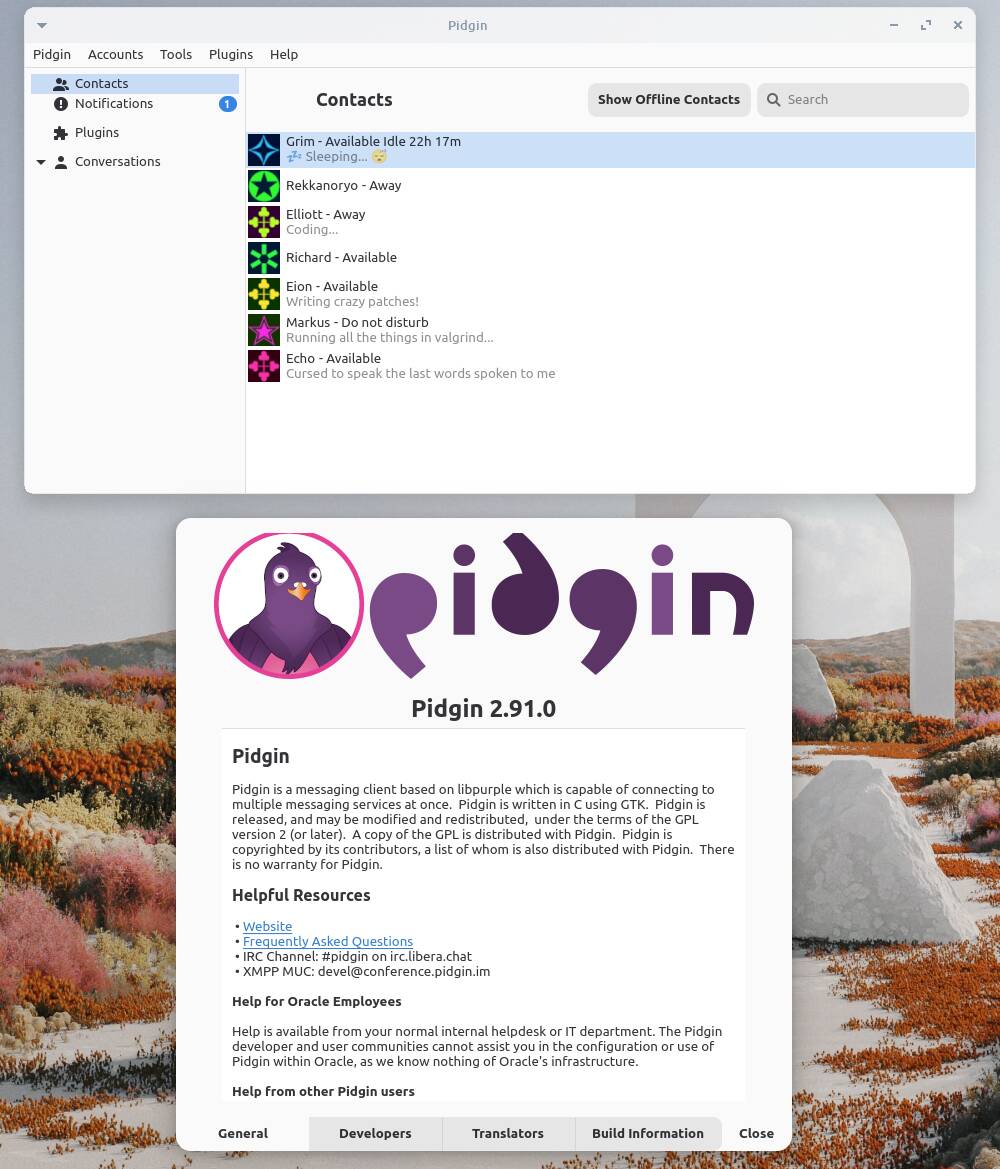


















































































































































![[The AI Show Episode 143]: ChatGPT Revenue Surge, New AGI Timelines, Amazon’s AI Agent, Claude for Education, Model Context Protocol & LLMs Pass the Turing Test](https://www.marketingaiinstitute.com/hubfs/ep%20143%20cover.png)














































































































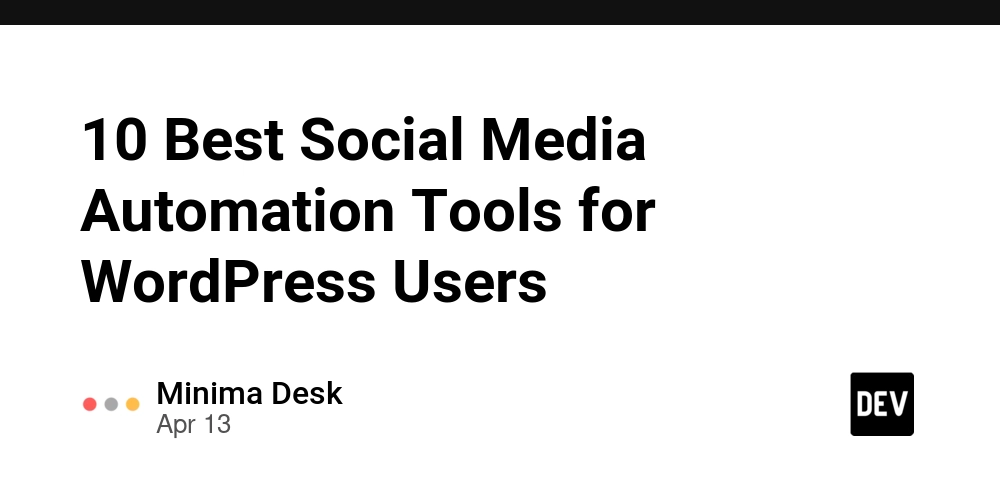











![[DEALS] Microsoft Visual Studio Professional 2022 + The Premium Learn to Code Certification Bundle (97% off) & Other Deals Up To 98% Off](https://www.javacodegeeks.com/wp-content/uploads/2012/12/jcg-logo.jpg)



![From Accountant to Data Engineer with Alyson La [Podcast #168]](https://cdn.hashnode.com/res/hashnode/image/upload/v1744420903260/fae4b593-d653-41eb-b70b-031591aa2f35.png?#)


























































































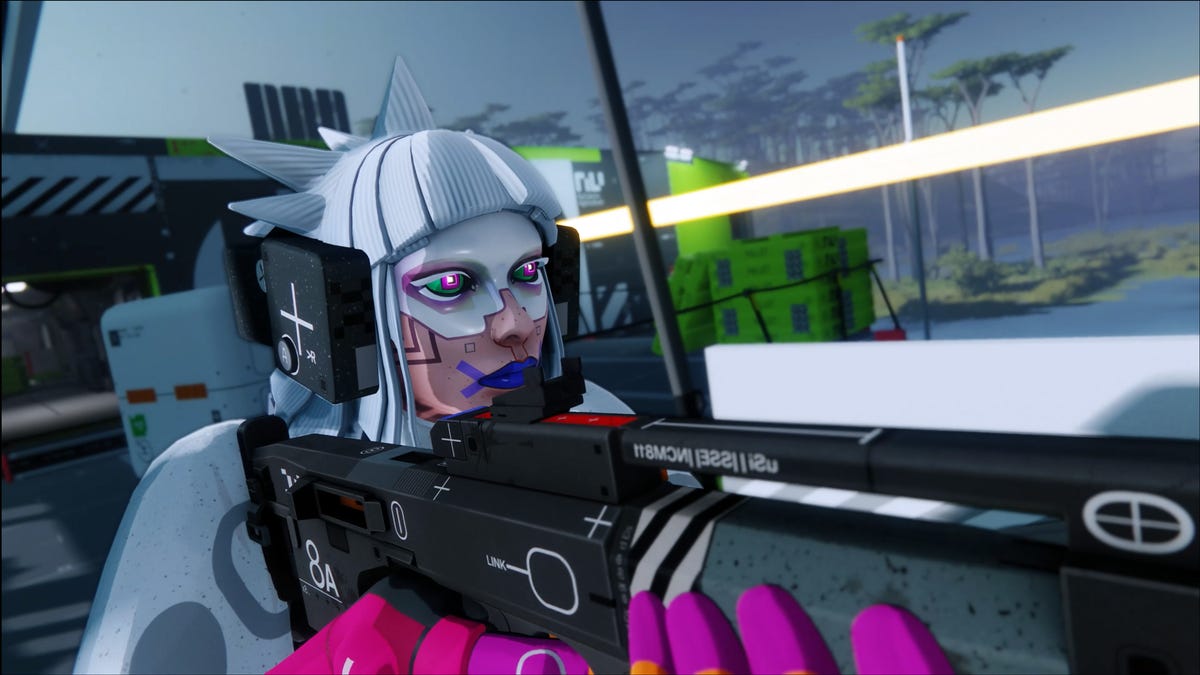
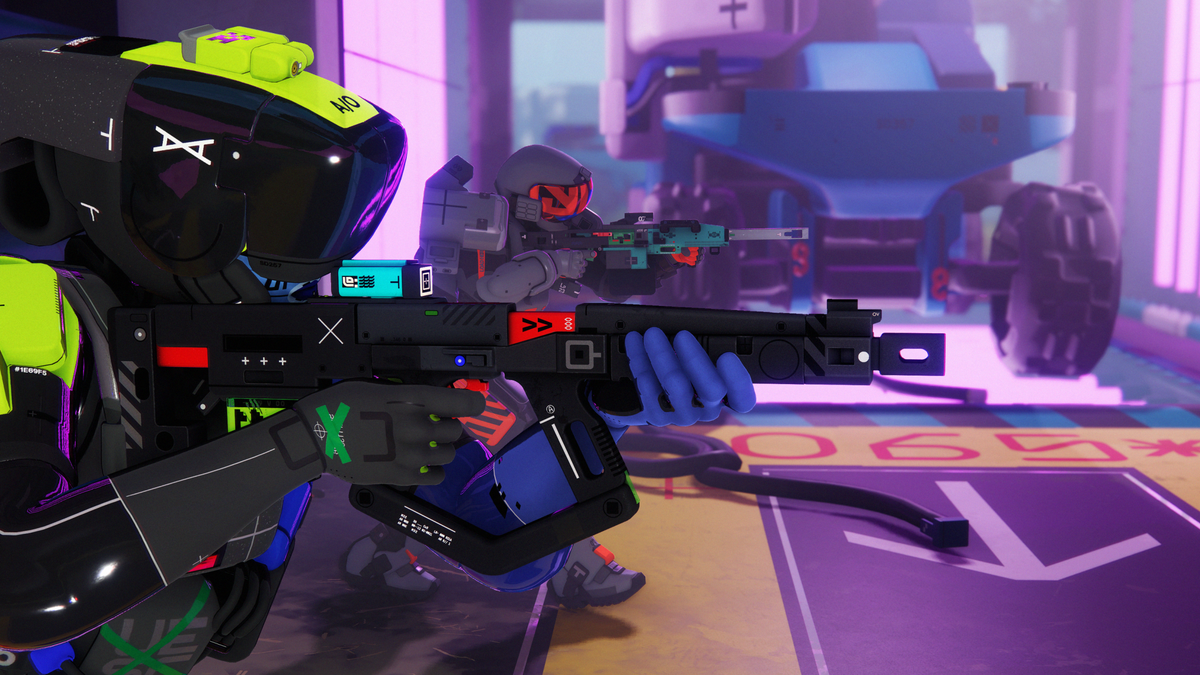










.png?#)


























































































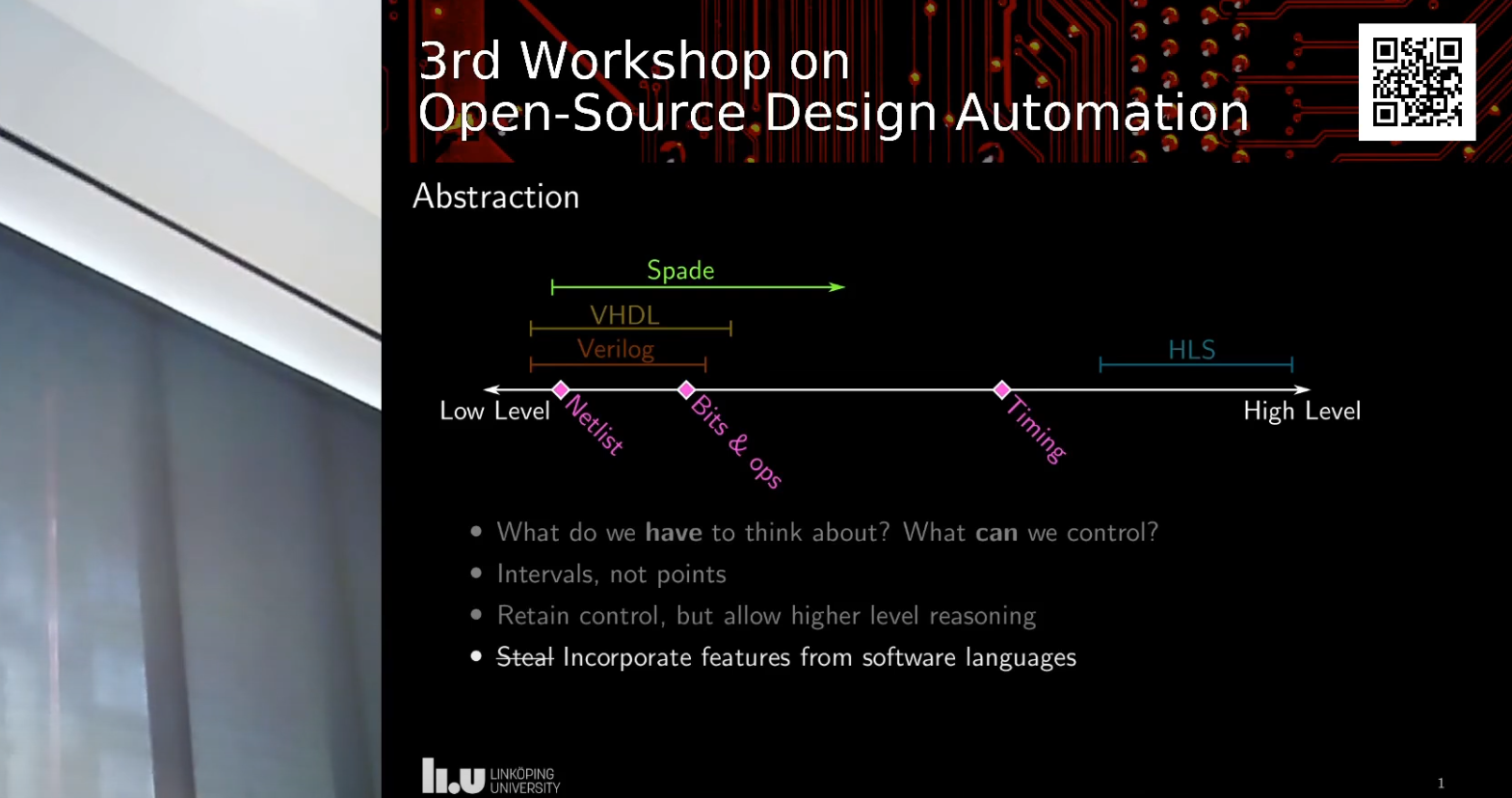

























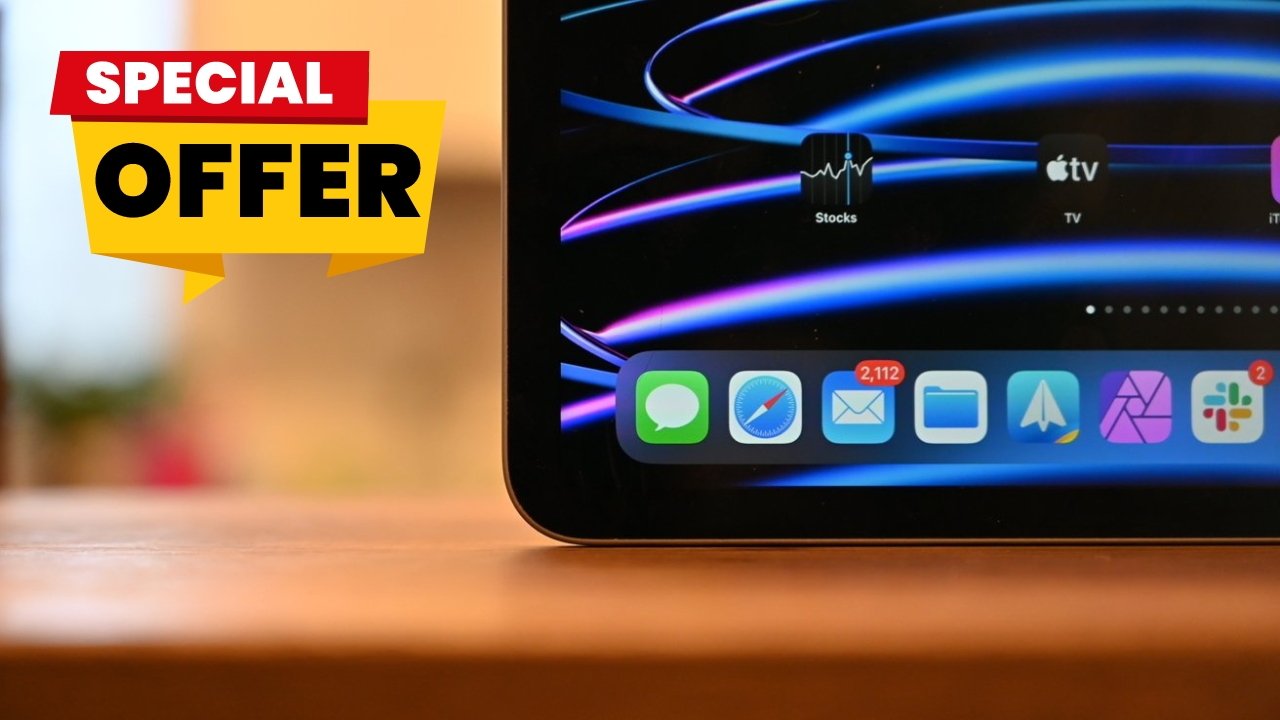










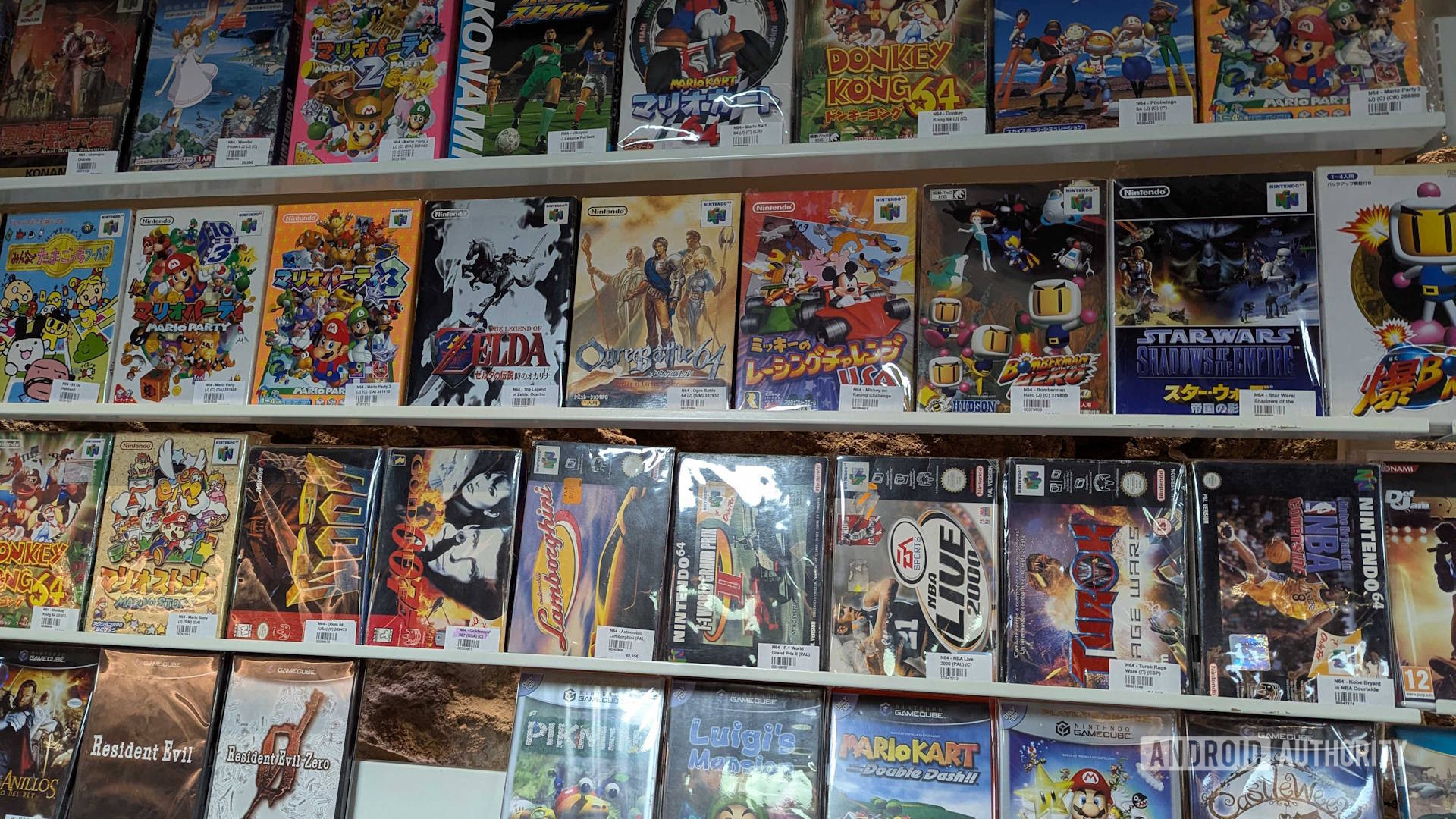





![What Google Messages features are rolling out [April 2025]](https://i0.wp.com/9to5google.com/wp-content/uploads/sites/4/2023/12/google-messages-name-cover.png?resize=1200%2C628&quality=82&strip=all&ssl=1)










![iPadOS 19 Will Be More Like macOS [Gurman]](https://www.iclarified.com/images/news/97001/97001/97001-640.jpg)
![Apple TV+ Summer Preview 2025 [Video]](https://www.iclarified.com/images/news/96999/96999/96999-640.jpg)
![Apple Watch SE 2 On Sale for Just $169.97 [Deal]](https://www.iclarified.com/images/news/96996/96996/96996-640.jpg)












































































